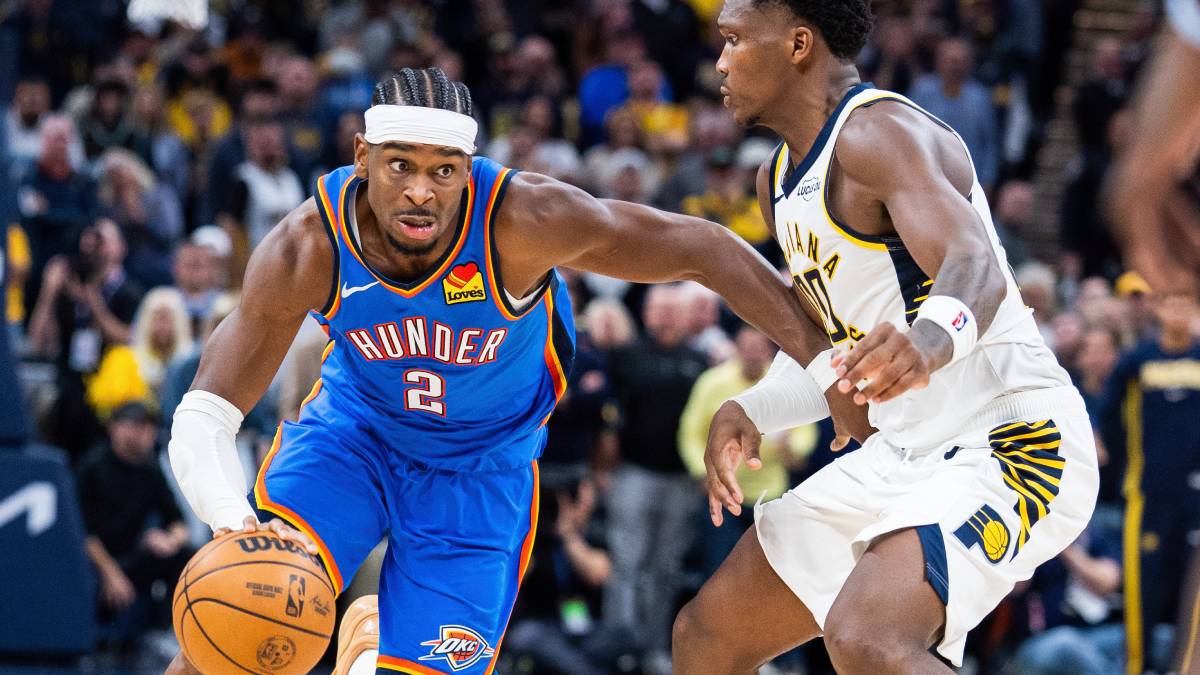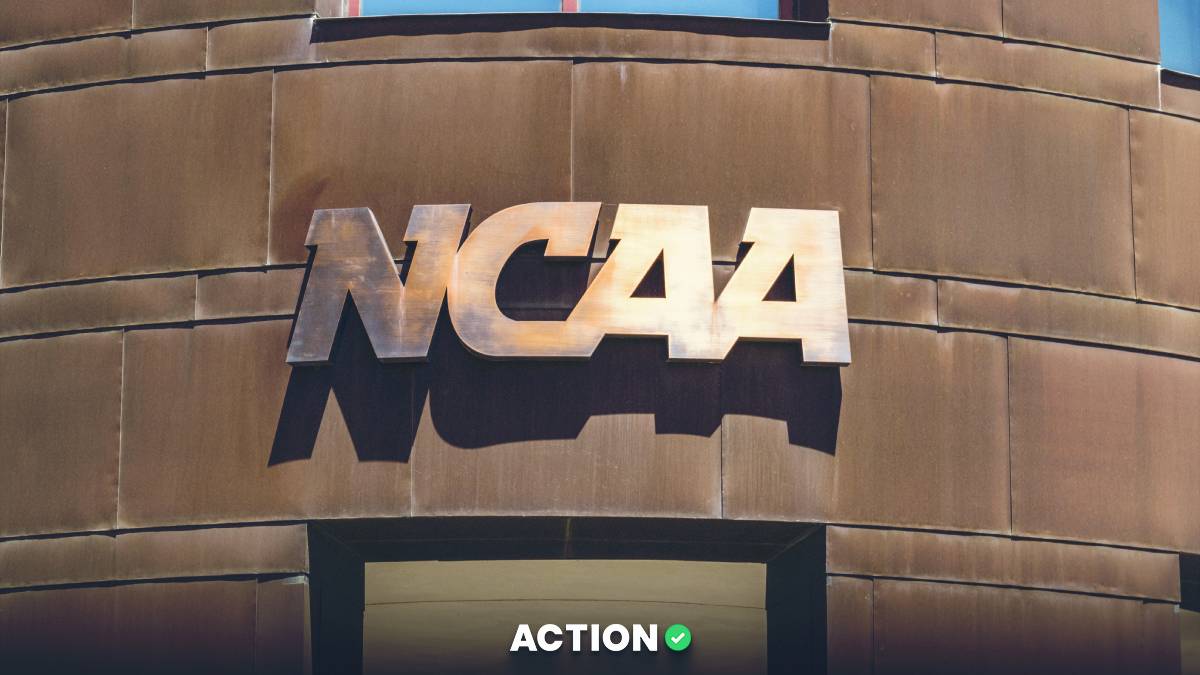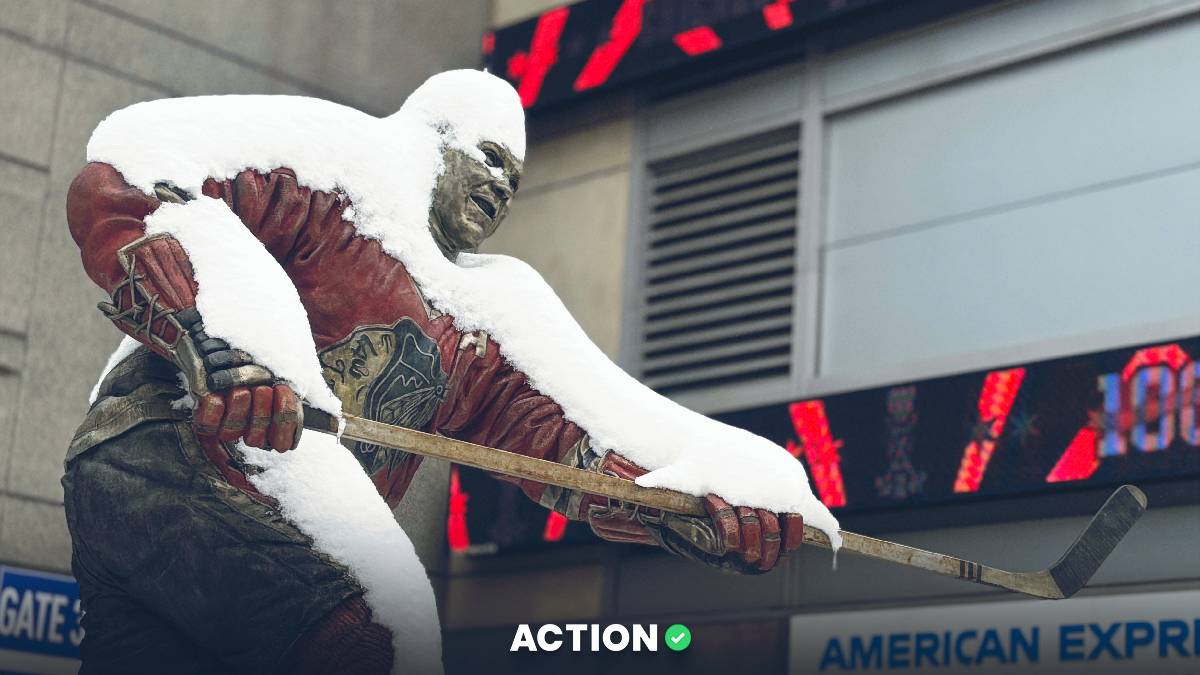It's a landmark decision that reflects the changing landscape of sports betting in the United States. The NCAA’s Division III Management Council has voted to lift the longstanding ban on professional sports wagering for student-athletes and staff.
The announcement came via a press release from the National Collegiate Athletic Association.
This decision, effective November 1, represents a new approach for the NCAA as they recognize that attitudes towards sports betting are shifting. The NCAA is trying to harmonize its regulations with today's environment. This decision was not made lightly, as it has been the subject of discussion for months.
The Division I Cabinet gave its approval to the change earlier this month, and it was also endorsed by the Division II Management Council this week.
Although the NCAA is now permitting wagers on professional sports, it will continue to prohibit college sports betting to maintain the integrity of its competitions.
Ironically, the announcement comes on the heels of the news of the arrest of NBA Head Coach Chauncey Billups, and Miami Heat Guard Terry Rozier, in an FBI gambling investigation.
The History of NCAA Gambling Policies
For decades, the NCAA has enforced a strict prohibition on any form of sports betting involving its student-athletes and personnel.
These regulations were developed to protect the integrity of collegiate athletics and prevent any conflicts of interest. Historically, the NCAA's rules encompassed both professional and college sports, reflecting a time when sports gambling was largely illegal across the nation.
However, as states began to legalize sports betting and it became a more mainstream activity, the NCAA found itself at a crossroads. The organization's bylaws—which were crafted in a different era—no longer aligned with current realities, prompting a reevaluation of its gambling policies.

This shift comes with an emphasis on educating student-athletes about responsible gambling practices and potential risks.
Jason Verdugo, Chair of the Division III Management Council, emphasized the organization's commitment to harm reduction and education, ensuring that student-athletes understand the limits of permissible behavior.
"Our focus remains on education and harm reduction," Verdugo said. "We want to make sure student-athletes understand the boundaries of permissible behavior and the risks that gambling can pose to their well-being and the integrity of college sports."
Implications of the Policy Shift
By allowing betting on professional sports, the NCAA is trying to give student-athletes more freedom while still keeping them responsible.
The NCAA believes that this decision will promote openness and learning about gambling. They hope it will encourage student-athletes to discuss gambling issues and feel comfortable seeking help if necessary.
Even though pro sports betting is now allowed, the NCAA is still strict about not betting on college games.
Recent investigations have shown that the NCAA is serious about keeping college sports fair and honest. Severe penalties, including lifetime bans, have been given to those who were involved in attempts to fix games or share insider information for betting purposes.
By implementing the new rules with a focus on integrity, the NCAA wants to ensure that games remain fair and that student-athletes are protected.









